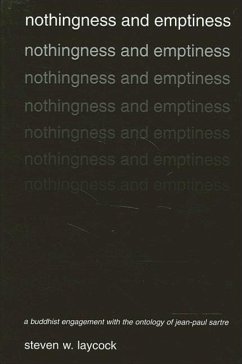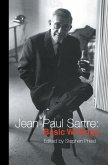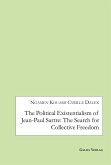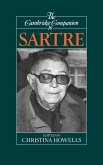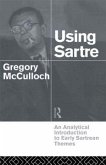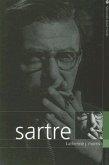This sustained and distinctively Buddhist challenge to the ontology of Jean-Paul Sartre's Being and Nothingness resolves the incoherence implicit in the Sartrean conception of nothingness by opening to a Buddhist vision of emptiness. Rooted in the insights of Madhyamika dialectic and an articulated meditative (zen) phenomenology, Nothingness and Emptiness uncovers and examines the assumptions that sustain Sartre's early phenomenological ontology and questions his theoretical elaboration of consciousness as "nothingness." Laycock demonstrates that, in addition to a "relative" nothingness (the for-itself) defined against the positivity and plenitude of the in-itself, Sartre's ontology requires, but also repudiates, a conception of "absolute" nothingness (the Buddhist "emptiness"), and is thus, as it stands, logically unstable, perhaps incoherent. The author is not simply critical; he reveals the junctures at which Sartrean ontology appeals for a Buddhist conception of emptiness and offers the needed supplement.

